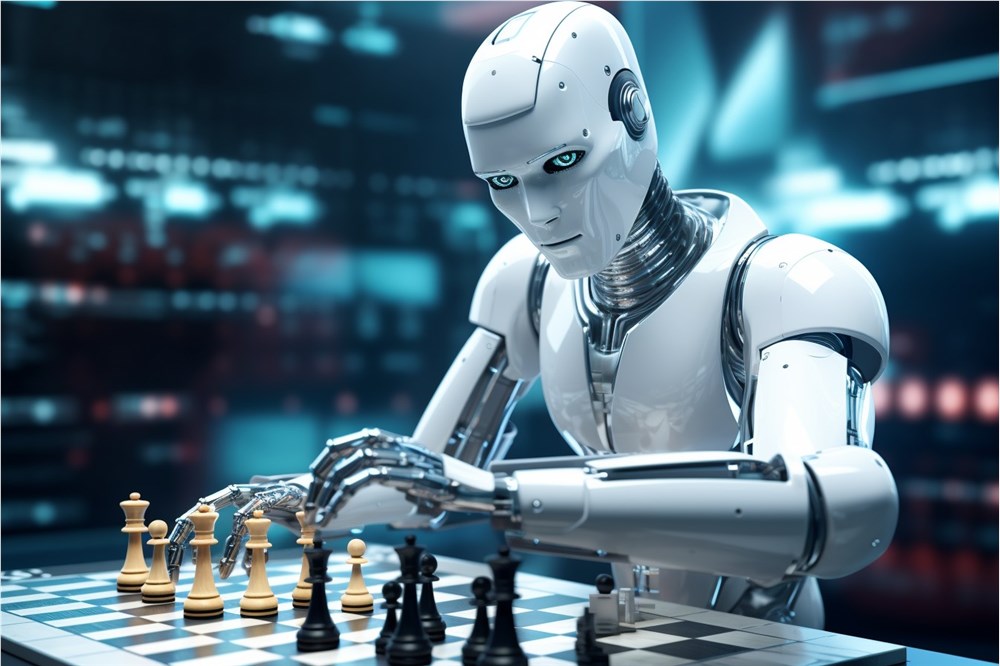Bill Gates: Agents Are the Future Leading Artificial Intelligence
-
In Bill Gates' view, Agents are considered the future of artificial intelligence and will spark a revolution in the computer field. This technology will not only change how people interact with computers but also disrupt the entire software industry. Over the past few decades, despite advancements in software, it has remained relatively 'clumsy.' The emergence of Agents will eliminate the need for users to switch between different applications—they will simply need to tell their devices what they want to do in natural language. Software will be able to deeply understand users' lives and provide personalized responses.

Image source note: The image is AI-generated, with licensing provided by Midjourney.
Agents are distinguished from traditional robots by their intelligence. Unlike robots that only intervene for specific needs, Agents can proactively offer suggestions, complete tasks across applications, and continuously learn user activities and behavioral intentions over time. This intelligence makes Agents personalized, deeply understanding personal assistants. Within the next five years, it is expected that anyone online will be able to have an Agent powered by advanced artificial intelligence.
Agents will have a profound impact in fields such as healthcare, mental health care, and education. In the healthcare sector, Agents can not only assist doctors with administrative tasks but also help patients with initial triage, provide health advice, and improve the efficiency of healthcare workers. In mental health care, Agents can make psychological therapy more affordable and accessible by gaining an in-depth understanding of users' life histories and interpersonal relationships, offering on-demand support. In the field of education, Agents will further complement teachers' work by providing personalized teaching content for students and freeing up teachers' time.
Overall, the emergence of Agents will trigger the greatest revolution in the computer field, thereby making many services that are currently too expensive for most people widely accessible. This technology will have a significant impact across various domains such as healthcare, education, productivity, entertainment, and shopping, providing people with smarter and more personalized services.
